Melden Sie sich bei getAbstract an, um die Zusammenfassung zu erhalten.

Melden Sie sich bei getAbstract an, um die Zusammenfassung zu erhalten.
Morgan Housel
5 Ways Your Company Can Keep Its Competitive Edge
Fortune, 2017
Was ist drin?
Managing a company is like working out on a treadmill. If you don’t keep running, you’ll fall behind.
Recommendation
In the 1990s, a movie night at home most likely involved renting a video from Blockbuster. But with the rise of Netflix and other competitors, the video rental behemoth began losing significance. Blockbuster managers failed to see the writing on the wall. Apparently, its executives snubbed those of fledgling Netflix when the latter proposed a working relationship. Blockbuster eventually disappeared not with a bang but a whimper. To help businesses stay on top, Collaborative Fund partner Morgan Housel explores five “sustainable advantages” they must nurture. Today’s successful businesses, he says, must be able to learn more quickly than their competition, communicate more effectively and be willing to fail. Housel’s list isn’t earth-shaking, but his advice is clear and concise. getAbstract recommends his article to new executives looking to hone their leadership skills and to seasoned executives looking for a refresher.
Summary
About the Author
Morgan Housel is a former columnist with The Motley Fool and The Wall Street Journal. Today, Housel is a partner at the Collaborative Fund.











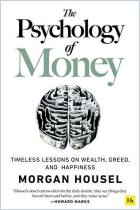
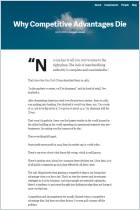
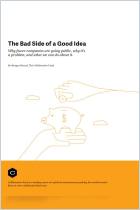


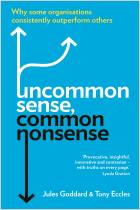


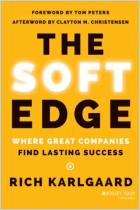





Comment on this summary